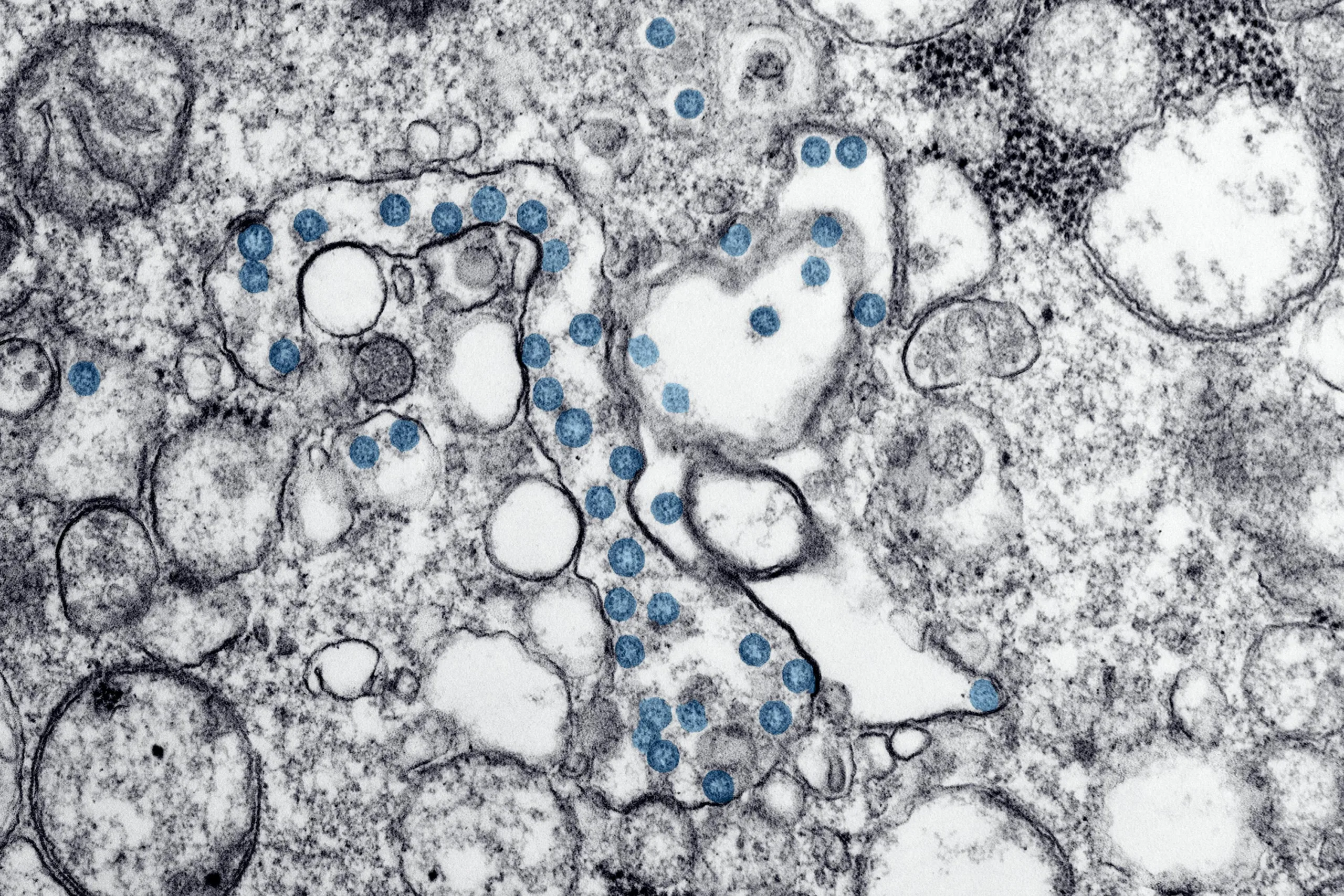What is the Gut Microbiome?
The gut microbiome refers to the trillions of microorganisms—mainly bacteria, but also viruses, fungi, and other microbes—that live in your digestive tract, especially in the intestines. These tiny organisms are not harmful; in fact, many of them play a vital role in keeping you healthy.
Just like a rainforest needs a balance of plants and animals to thrive, your gut needs a balance of beneficial microbes to function properly. These microbes help with digesting food, producing vitamins, regulating the immune system, and even affecting your mood and brain function.
Why Does the Gut Microbiome Matter?
A healthy gut microbiome:
- Supports better digestion and nutrient absorption
- Helps fight harmful bacteria and pathogens
- Strengthens your immune system
- May reduce inflammation and chronic disease risks
- Is linked to better mental health and energy levels
- Food intolerance
What Can Disrupt It?
Several things can negatively affect your gut microbiome:
- Poor diet (high in sugar and processed foods)
- Overuse of antibiotics
- Chronic stress
- Lack of sleep
- Sedentary lifestyle
How Can You Take Care of It?
Improving your gut microbiome can start with small lifestyle changes:
- Eat more fiber-rich foods like vegetables, fruits, and whole grains
- Include fermented foods like yogurt, kimchi, or tempeh
- Reduce sugar and processed food intake
- Stay physically active and manage stress
- Consider probiotics or gut-reset programs (under professional guidance)
Taking care of your gut microbiome is one of the most powerful ways to improve your overall wellness. Think of it as tending to a garden inside you—what you feed it, and how you care for it, can change your health from the inside out.

